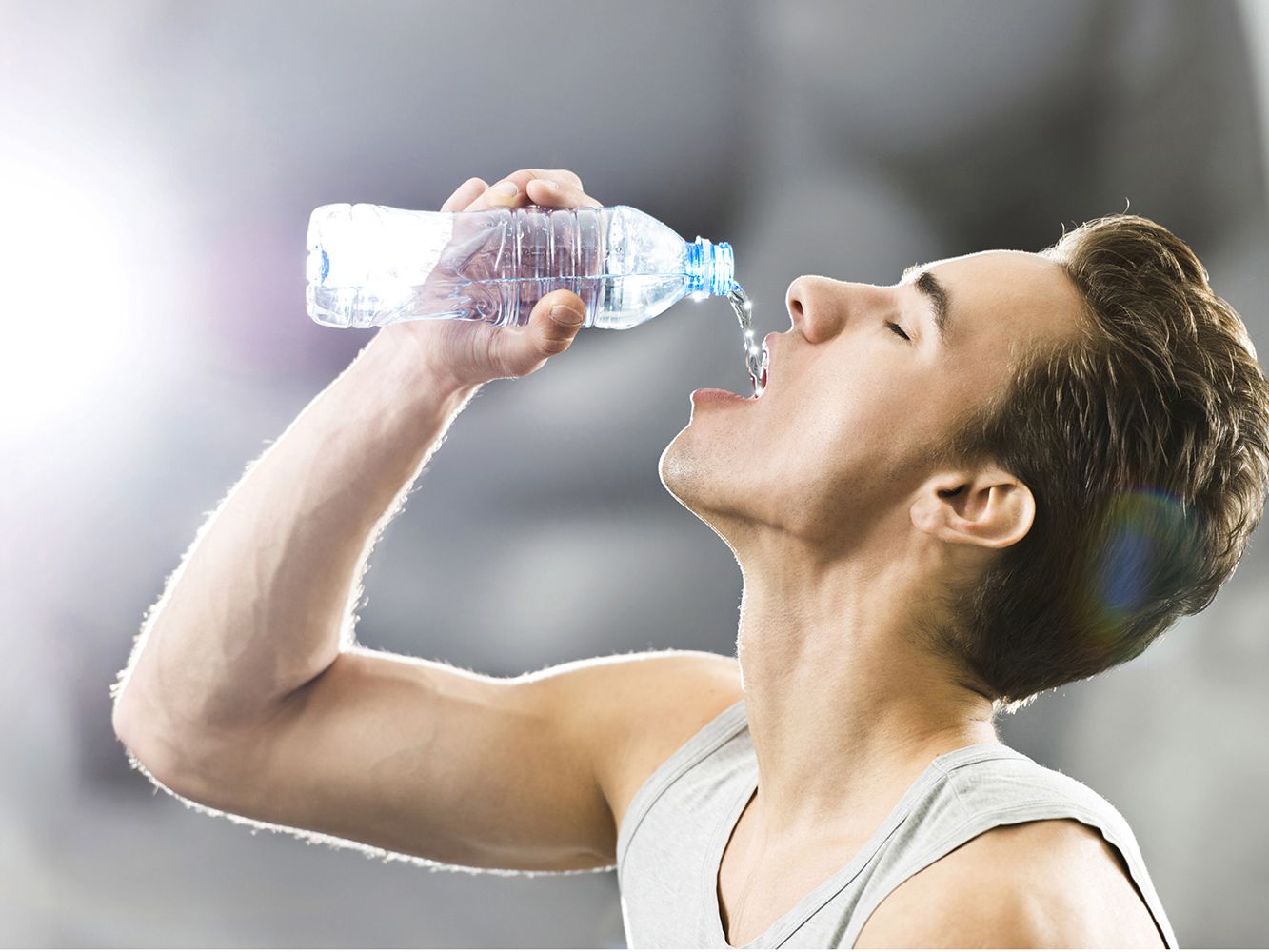Did you know that the human brain is about 75% water? It’s no wonder then that proper hydration is critical for proper brain function. In fact, a lack of hydration has been linked to everything from mood swings to poor cognitive performance. But how many ounces of water should you drink a day?
The U.S. National Academies of Sciences, Engineering, and Medicine recommends 11.5 cups (2.7 liters) of water for women each day and 15.5 cups (3.7 liters) for men – nearly double the amount recommended for inactive people!
Here are some main key points we search for you to make you understand the importance of water in your Daily Life:
1. Water Benefits on Health
Water is a vital component of the human body, making up 50-70% of our total weight. It is essential for all cells, tissues, and organs to function properly. Dehydration can occur when we don’t have enough water in our bodies to carry out normal functions and even mild dehydration can lead to fatigue. Drinking the recommended daily amount of water is crucial for maintaining good health.
2. How Much Water Do You Need
Though you may not feel thirsty, it is important to drink enough water every day. Health experts recommend that the average adult drink eight 8-ounce glasses of water per day, which is commonly known as the “8×8” rule. However, depending on your activity level and climate, you may need more or less than this.
For example,
- A man living in a temperate climate should drink about 15.5 cups (3.7 liters) of fluids a day.
- A woman in the same climate should drink 11.5 cups (2.7 liters).
These recommendations cover fluids from water, other beverages, and food, with 20% of daily fluid intake usually coming from food and the rest from drinks.
3. Does Water Intake Affect Energy Levels and Brain Function
Water is essential for human life. Not only does it make up a large percentage of our bodies, but it is also necessary for many of our physiological processes. As such, it’s no surprise that water intake can have an impact on our energy levels and brain function.
When we are dehydrated, our body has to work harder to maintain those processes, leading to fatigue. Additionally, dehydration can cause headaches and difficulty concentrating.
Conversely, adequate hydration can help improve our energy levels and mental clarity. So next time you’re feeling tired or having trouble focusing, reach for a glass of water first – it just might help!
4. How Does Water Help You Lose Weight
Many people don’t realize that water can be a helpful tool in weight loss. When you drink water, it boosts your metabolism and helps your body to burn more calories. In addition, water helps to keep you feeling full, so you are less likely to overeat. It also helps to flush out toxins and reduce bloating.
For best results, aim to drink eight glasses of water per day. You can also try adding some lemon or mint to your water for an extra boost. By making simple changes like this, you can see a significant difference in your weight over time.
5. Does More Water Help Prevent Health Problems
You need to drink a lot of water for your body to function in general. Several health problems will also be improved by drinking more water.
Urinary tract infections.
Studies have shown that drinking plenty of water every day helps prevent recurring urinary tract and bladder infections.
Constipation.
Drinking more water can help relieve constipation, a very common problem.
Skin hydration.
More water is better for your skin. Studies show that more water leads to better skin hydration, though more research is needed on clearer skin and on improved acne
Should I Worry About Drinking Too Much Water
Most of us have been told at some point in our lives that we should drink eight glasses of water a day. However, is this really necessary? While it is true that water is essential for good health, there is such a thing as drinking too much water.
In fact, overhydration can lead to a condition known as hyponatremia, which can cause everything from headaches and nausea to seizures and coma.
Conclusion
So how many ounces of water should you drink a day? It depends on a variety of factors, including age, activity level, and overall health. However, a good rule of thumb is to drink when you’re thirsty and to avoid drinking too much all at once.
By following these simple guidelines, you can help ensure that you stay properly hydrated and healthy without putting your health at risk.
Khalid Irfan is a Fitness expert who enjoys spending time in gym. He also enjoys being in the outdoors and exploring new opportunities whenever they arise as well as researching new topics to expand his horizons.

Leave a Reply